On the afternoon of November 6, the National Assembly continued to conduct the Question and Answer Session under the direction of National Assembly Chairman Vuong Dinh Hue. The maximum time to answer questions on general economics is 40 minutes.
The Minister of Finance continued to answer questions from some delegates in the late morning. Accordingly, in the late morning, delegate Nguyen Dai Thang (National Assembly Delegation of Hung Yen Province) asked the Minister: In fact, in recent times, the practice of selling goods without providing invoices has been common, especially in restaurants, hotels, and shopping malls, with the reason that buyers do not request it. This not only causes the State to lose tax revenue but also creates conditions for smuggled and poor-quality goods to reach consumers and has unintentionally helped businesses evade taxes. What is the Minister's opinion on the above issue and future solutions to prevent the above situation, avoiding tax losses for the State budget?
Minister of Finance Ho Duc Phoc answered questions.
Delegate Ha Duc Minh (National Assembly Delegation of Lao Cai Province) continued to discuss with the Minister of Finance: Clause 2, Article 68 of the Law on Public Investment stipulates: The People's Council at the provincial level decides to extend the implementation period and disbursement of annual investment plans from the local budget. According to the above regulations, it will take a lot of time and lack initiative for localities, especially for both district and commune levels.
Regarding the Minister's proposal to amend the law on public investment to facilitate implementation, how should it be done? In addition, many voters believe that the implementation of public investment projects is slow because compensation, support and resettlement must be completed before the project can be implemented. Could you please give your opinion on how to resolve the above issue?
Minister of Finance Ho Duc Phoc answered delegate Nguyen Dai Thang about the issuance of invoices and said that the Ministry has directed the implementation of electronic invoices nationwide from July 1, 2022. The implementation of electronic invoices has been unified nationwide, directing restaurants, supermarkets, gas stations... to issue invoices.
At the same time, the Ministry of Finance has supported and guided the connection of cash registers with the tax authority's database. To date, over 50% of supermarkets, restaurants and 100% of Petrolimex's gas stations have been connected with the tax authority. The Ministry of Finance connects tax data with the Population Database. The Ministry also has solutions to encourage people to get invoices.
The Finance Minister also emphasized the use of AI and big data to detect tax evasion. The Ministry has also directed the implementation of lucky bill lottery to encourage people to get lucky bills.
This is done monthly to encourage people to strictly implement cashless payments to increase budget revenue and avoid revenue loss.
Responding to delegate Ha Duc Minh about the extension of the annual implementation period for public investment capital, Minister of Finance Ho Duc Phoc clarified that the Law on Public Investment stipulates the authority to approve and settle public investment capital and public investment projects. Accordingly, the authority at the central level is assigned to the Government, and at the local level is assigned to the People's Council. To change the authority, the Law must be amended. The Ministry will consider and make recommendations on this issue.
Regarding the difficulties in implementing the Law on Public Investment, Minister of Finance Ho Duc Phoc said that it is necessary to reform administrative procedures, especially the part on investment preparation from investment policy, investment project establishment, project approval, design appraisal, budget estimate, bidding documents, site clearance, etc. These are the longest stages, causing capital not to be disbursed, causing budget congestion and waste. Therefore, there should be solutions to shorten the time and simplify administrative procedures in these stages. In particular, site clearance should be separated from the project. Investment preparation capital should be used for regular expenditure, assigned to localities and ministries to establish projects and on that basis, allocate capital. ODA capital also needs to be reformed.
Responding to the issue of slow divestment of state-owned enterprises, the Minister of Finance said that during his tenure, the equitization process was slow due to many reasons. The Minister cited that enterprises wanting to buy capital from equitized enterprises often look at the value of "golden" land plots, but up to now, they have not been allowed to change the land use purpose from leased land to residential land, so there is no differential land rent, so it is not attractive to enterprises; the land use plan is not approved by local authorities, the land use value is included in the enterprise value that needs to be appraised... Ministries, branches and enterprises have not submitted equitization plans, leading to slow implementation.
According to VNA/Tin Tuc Newspaper
Source


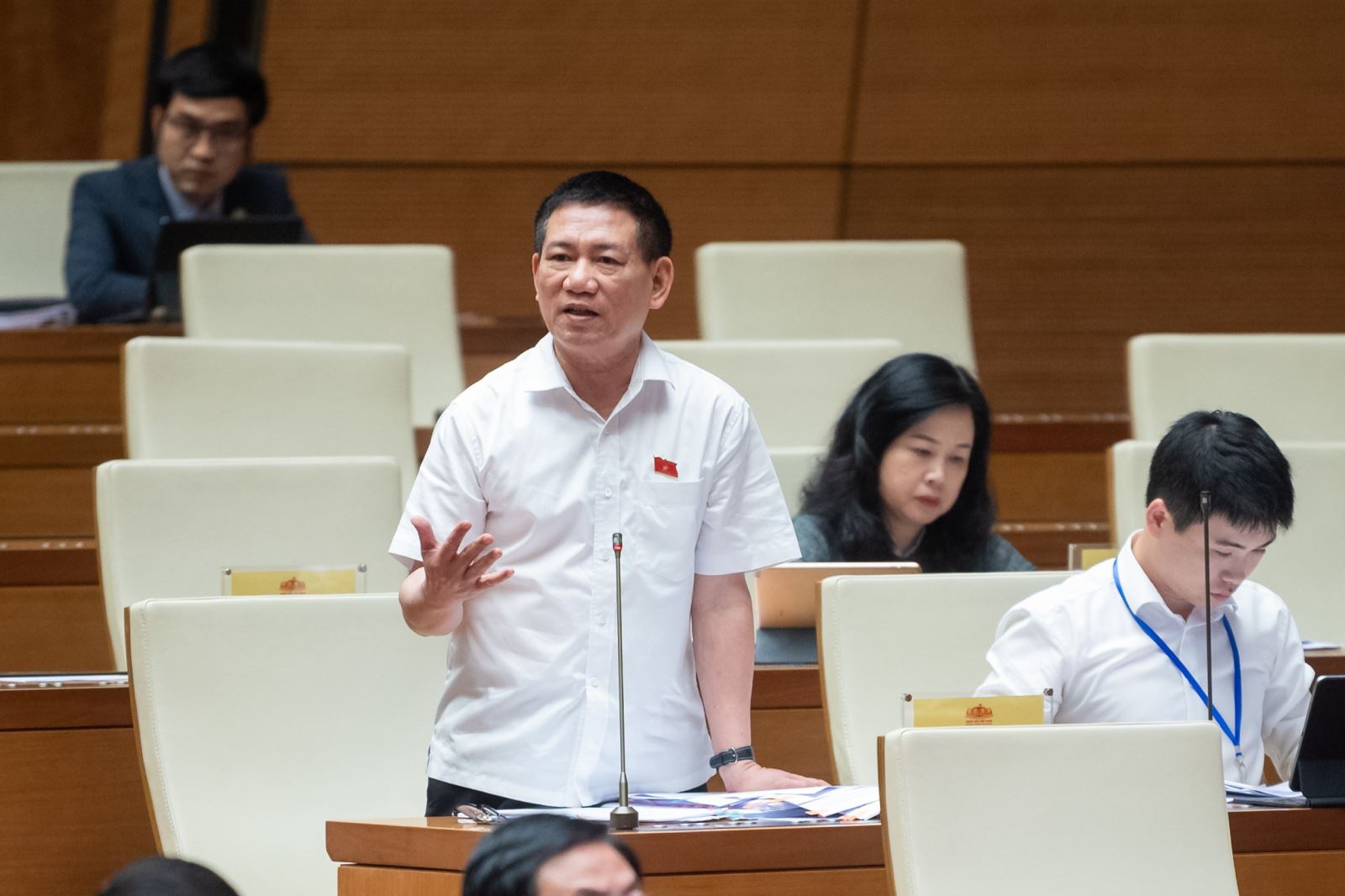
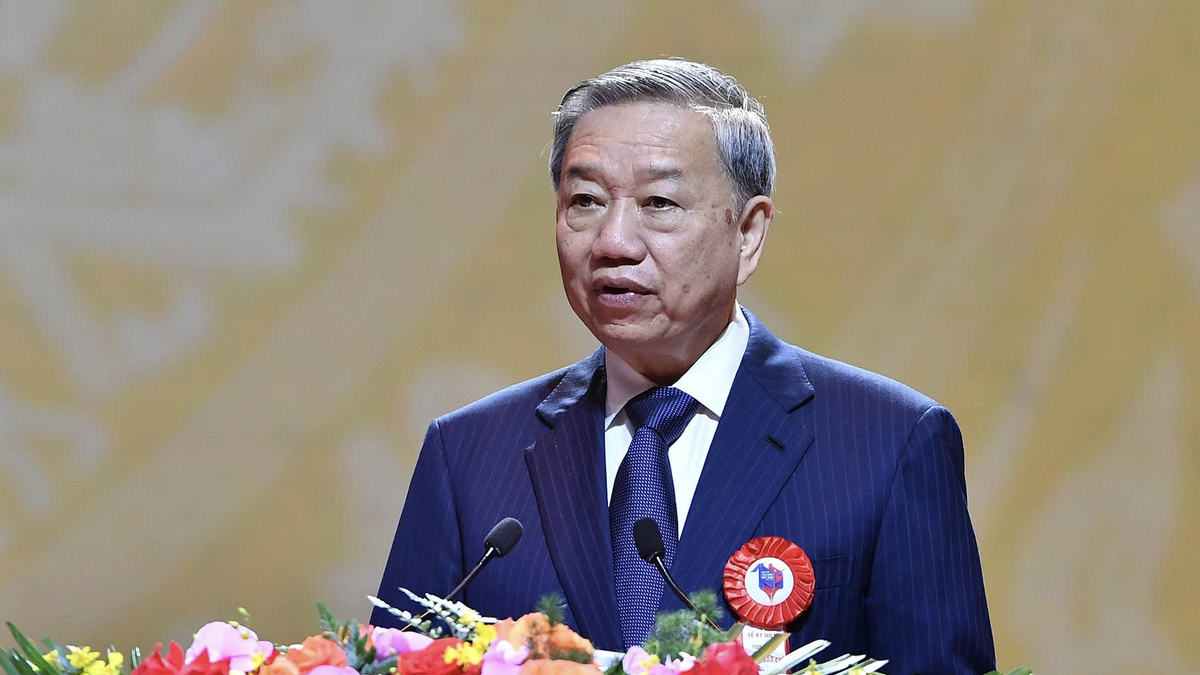















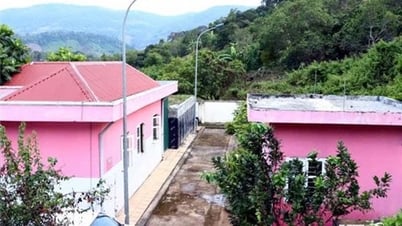














![[Photo] Central Propaganda and Mass Mobilization Department meets with exemplary journalists](https://vphoto.vietnam.vn/thumb/1200x675/vietnam/resource/IMAGE/2025/6/21/9509840458074c03a5831541450d39f8)


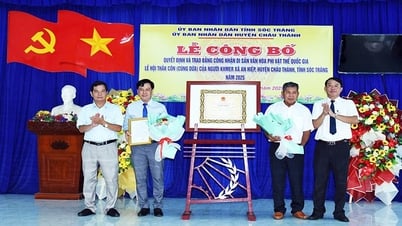










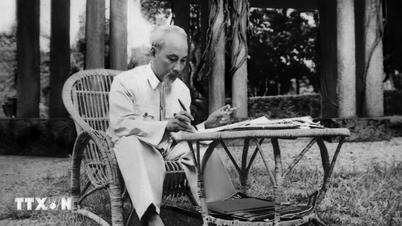

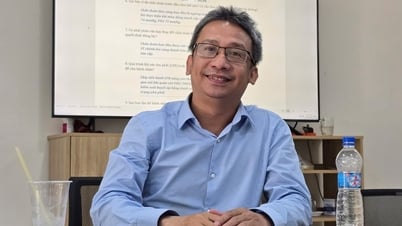


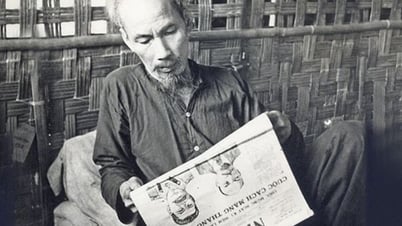


![[Maritime News] Wan Hai Lines invests $150 million to buy 48,000 containers](https://vphoto.vietnam.vn/thumb/402x226/vietnam/resource/IMAGE/2025/6/20/c945a62aff624b4bb5c25e67e9bcc1cb)


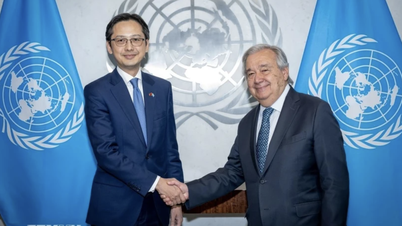
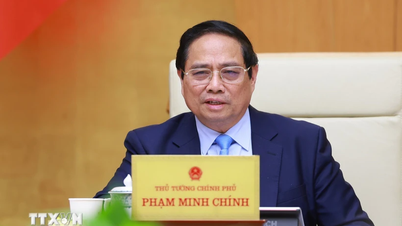






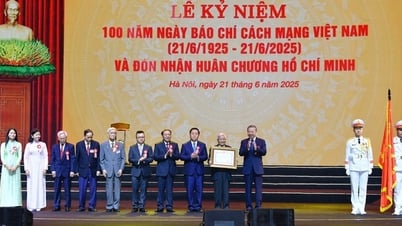
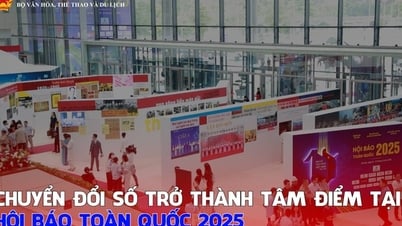


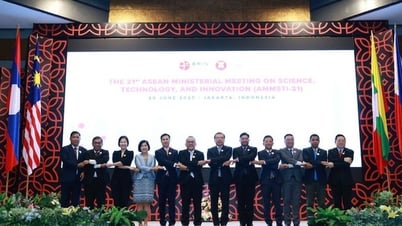







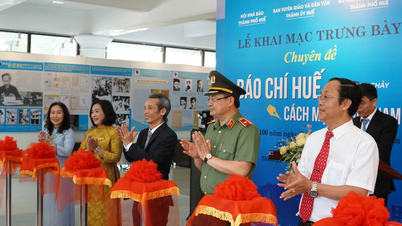
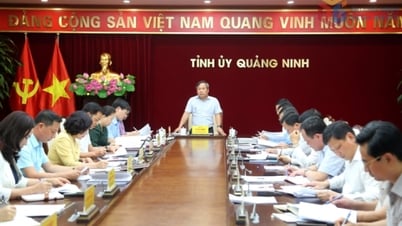

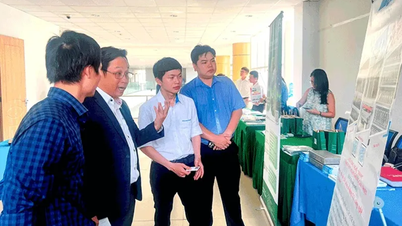












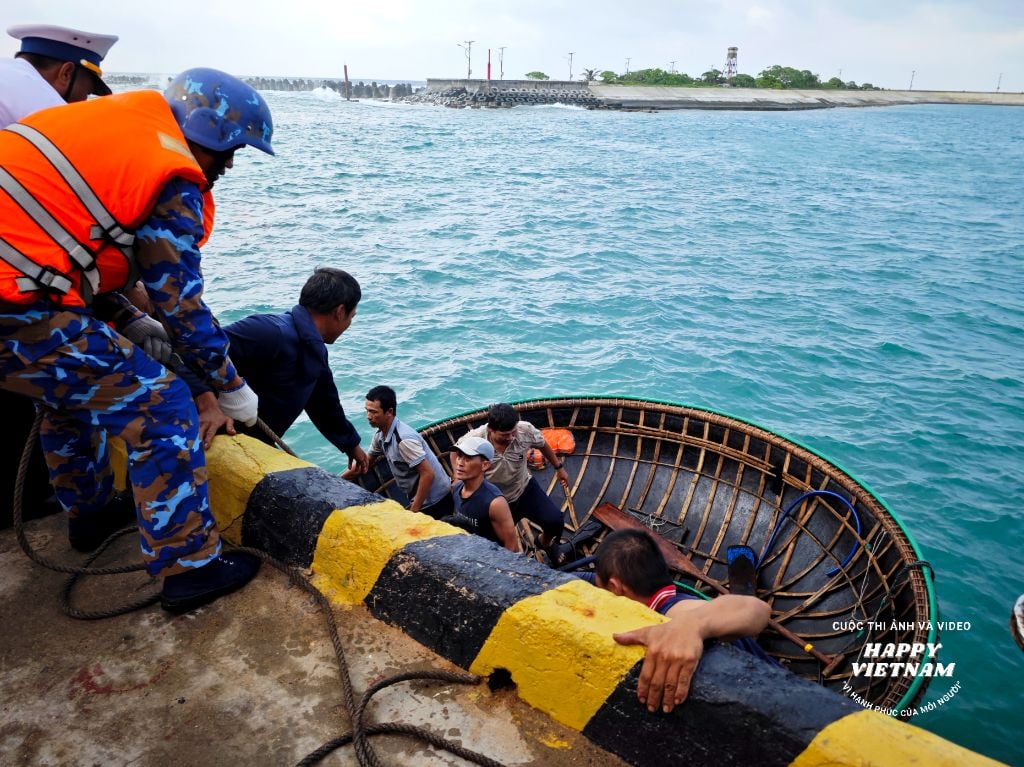

Comment (0)